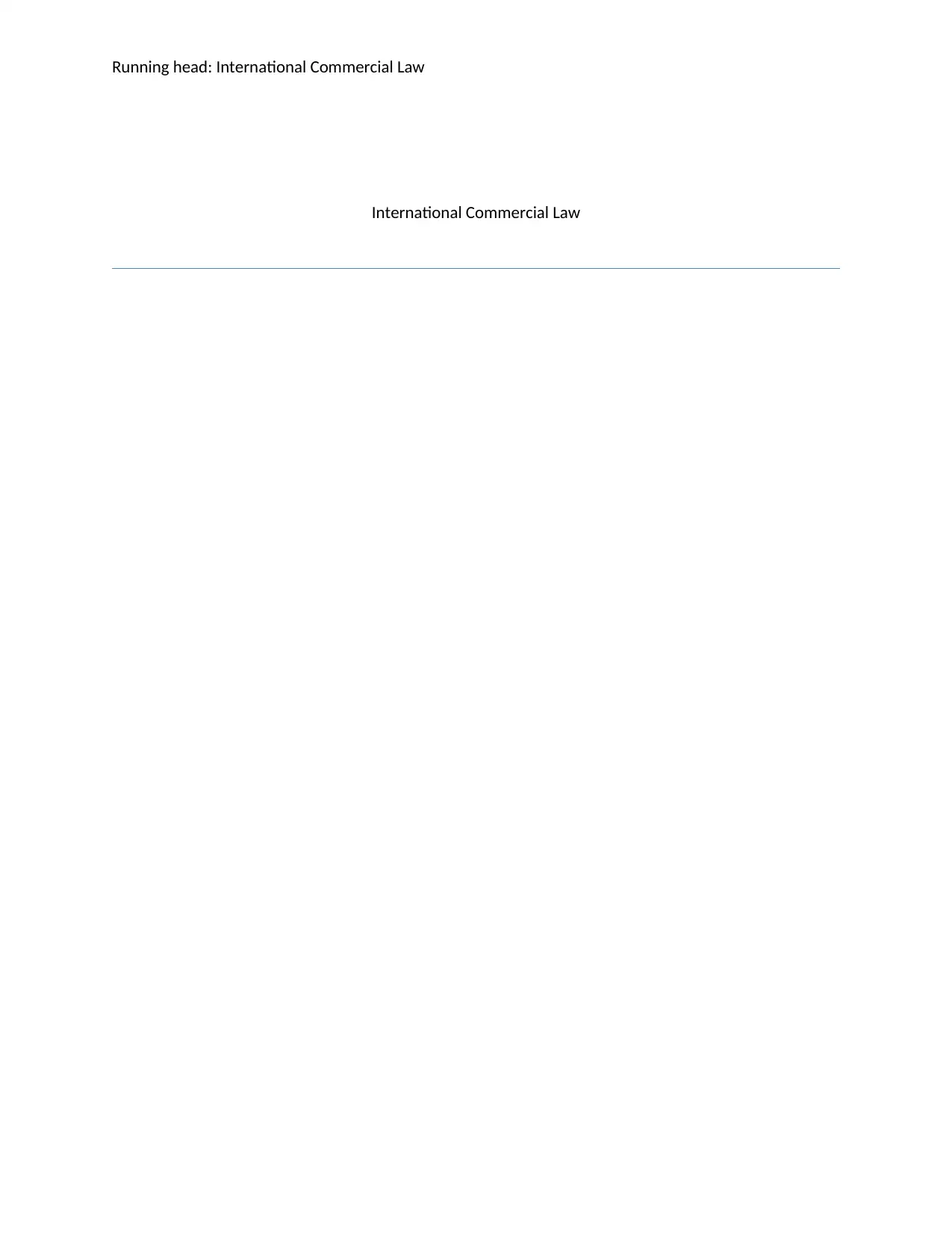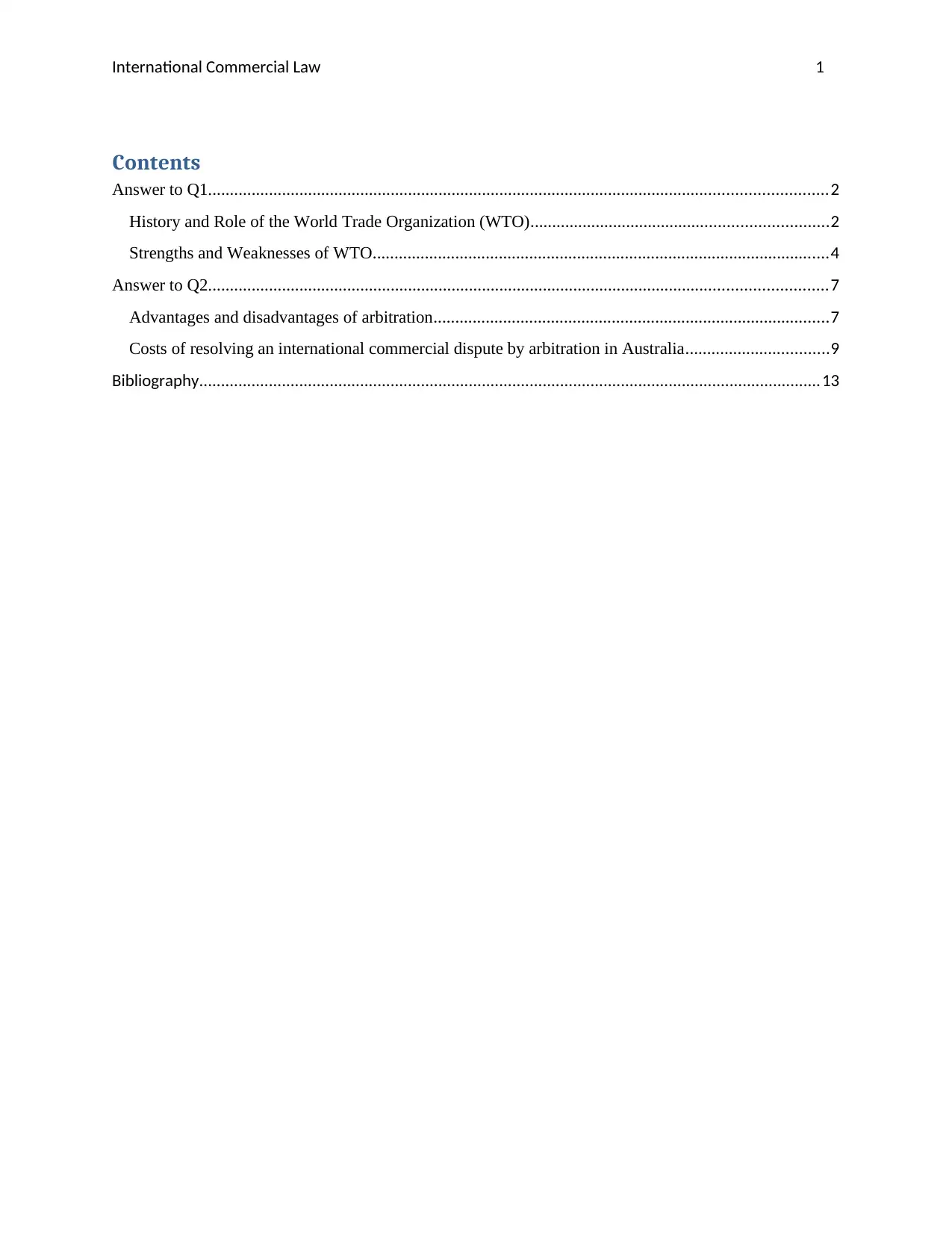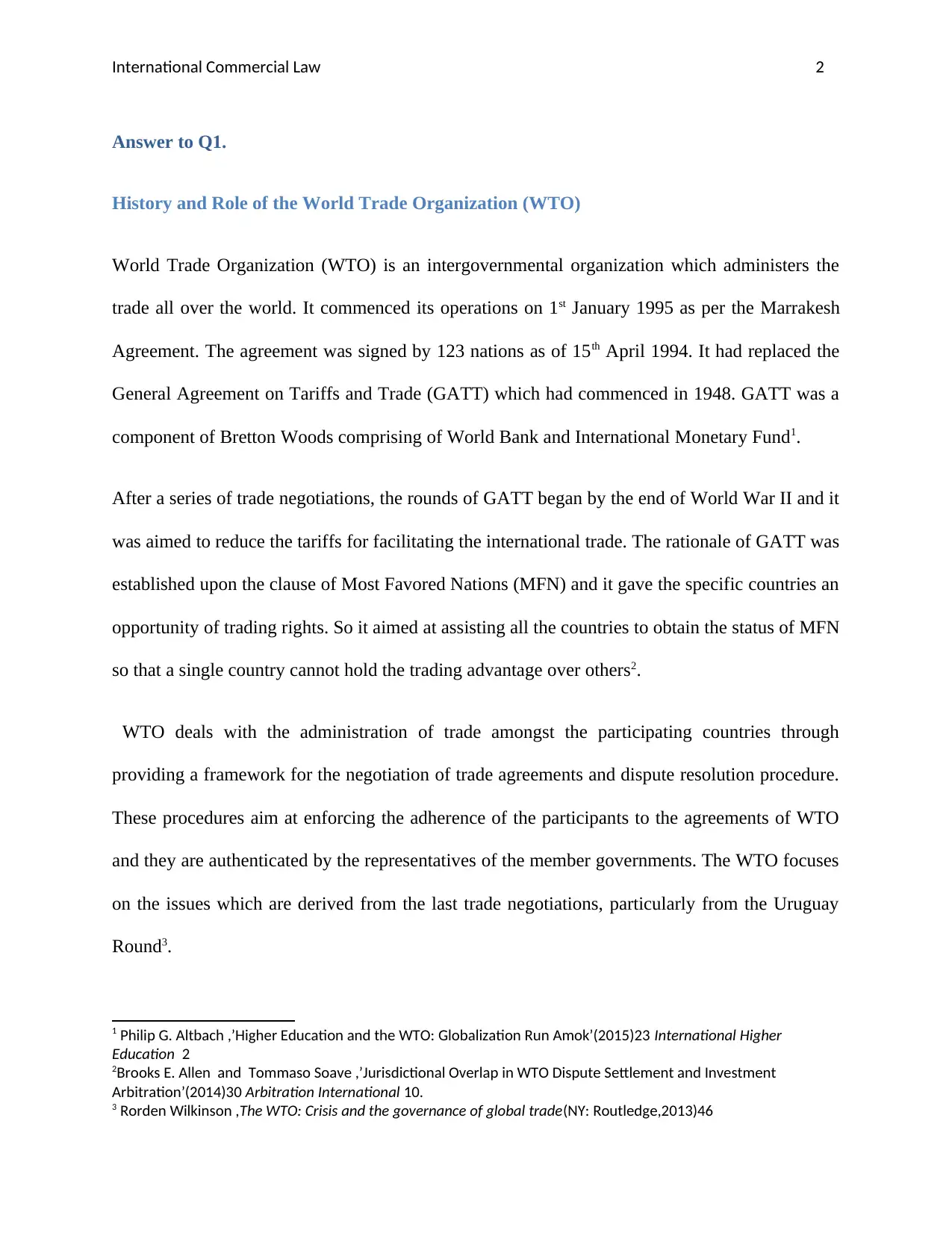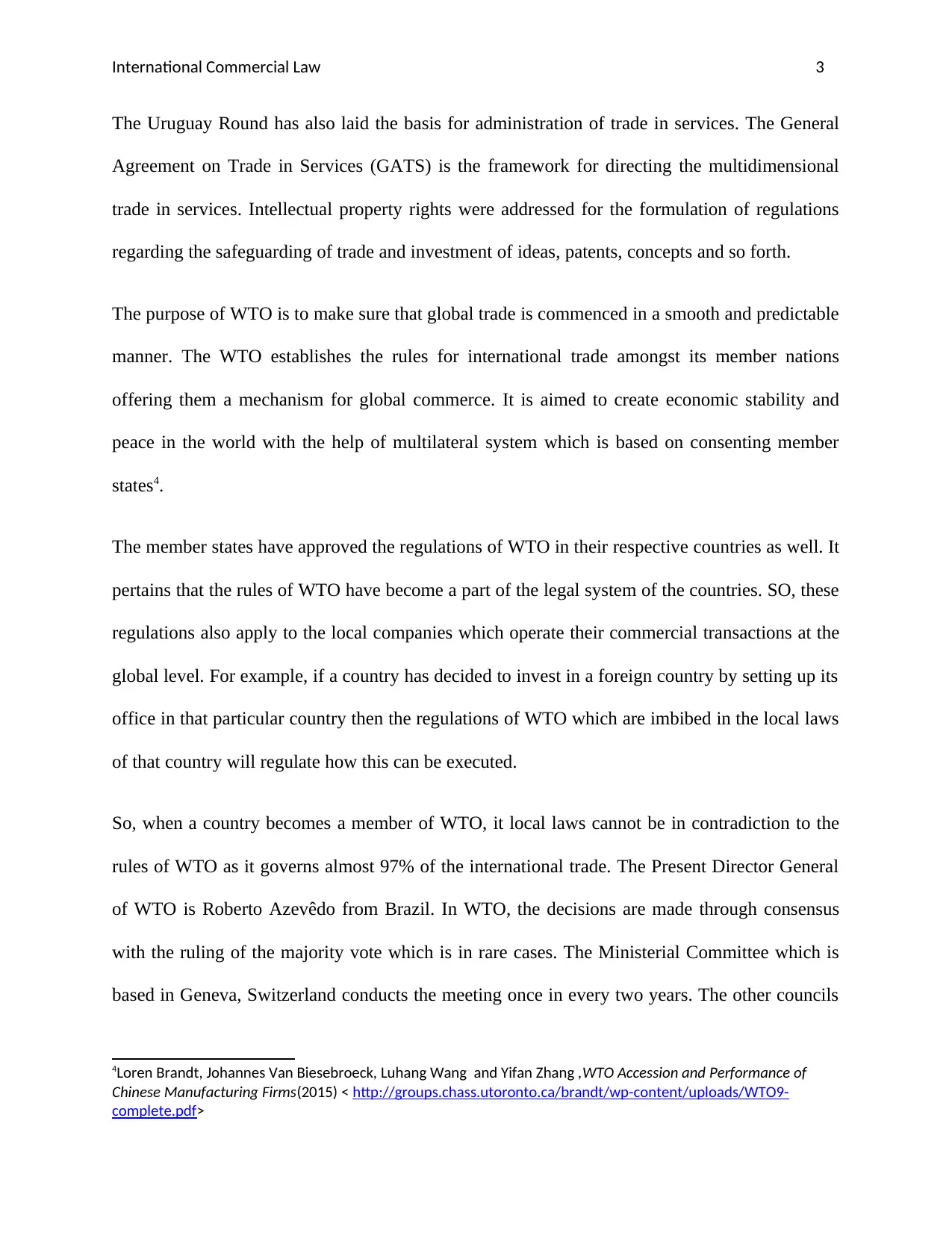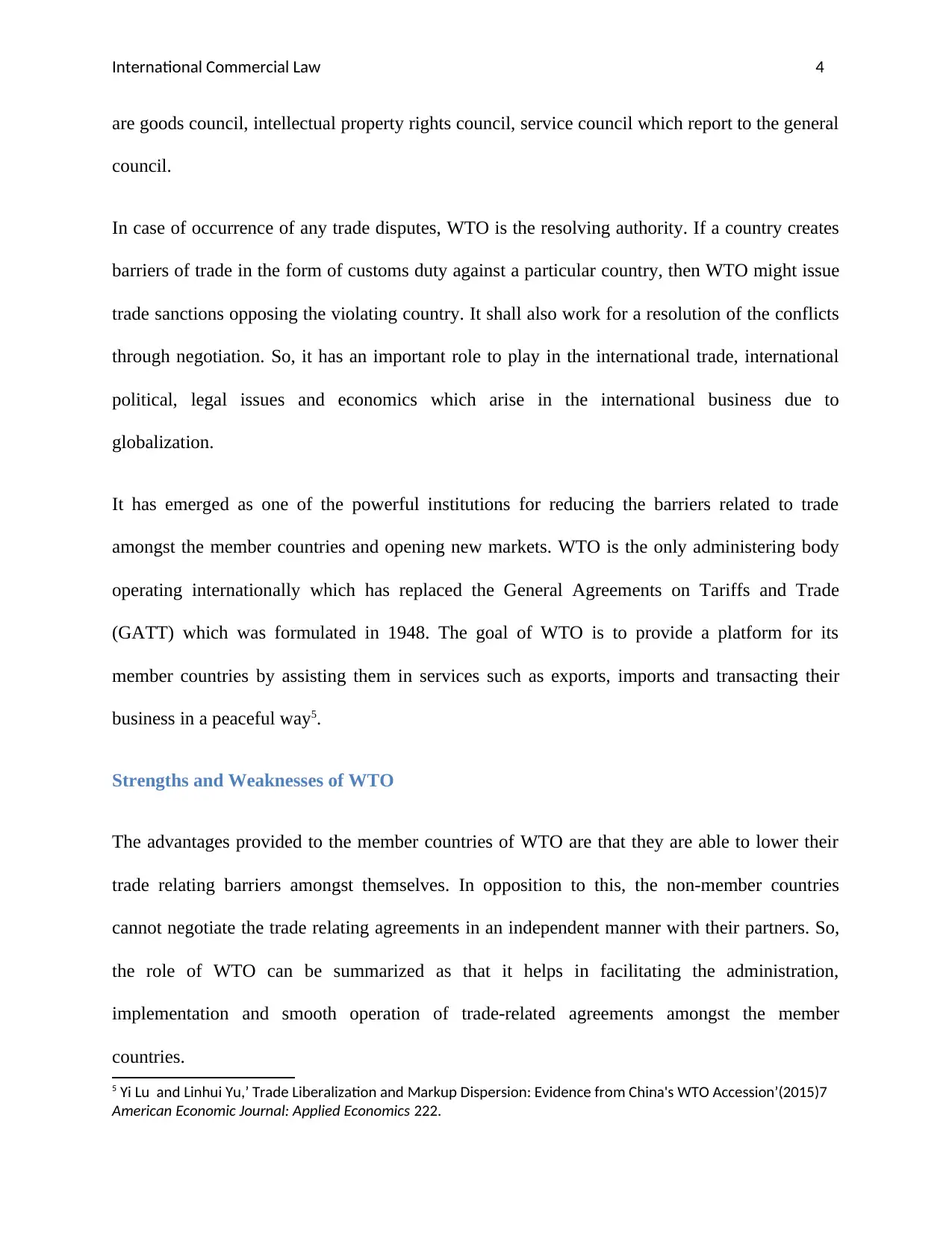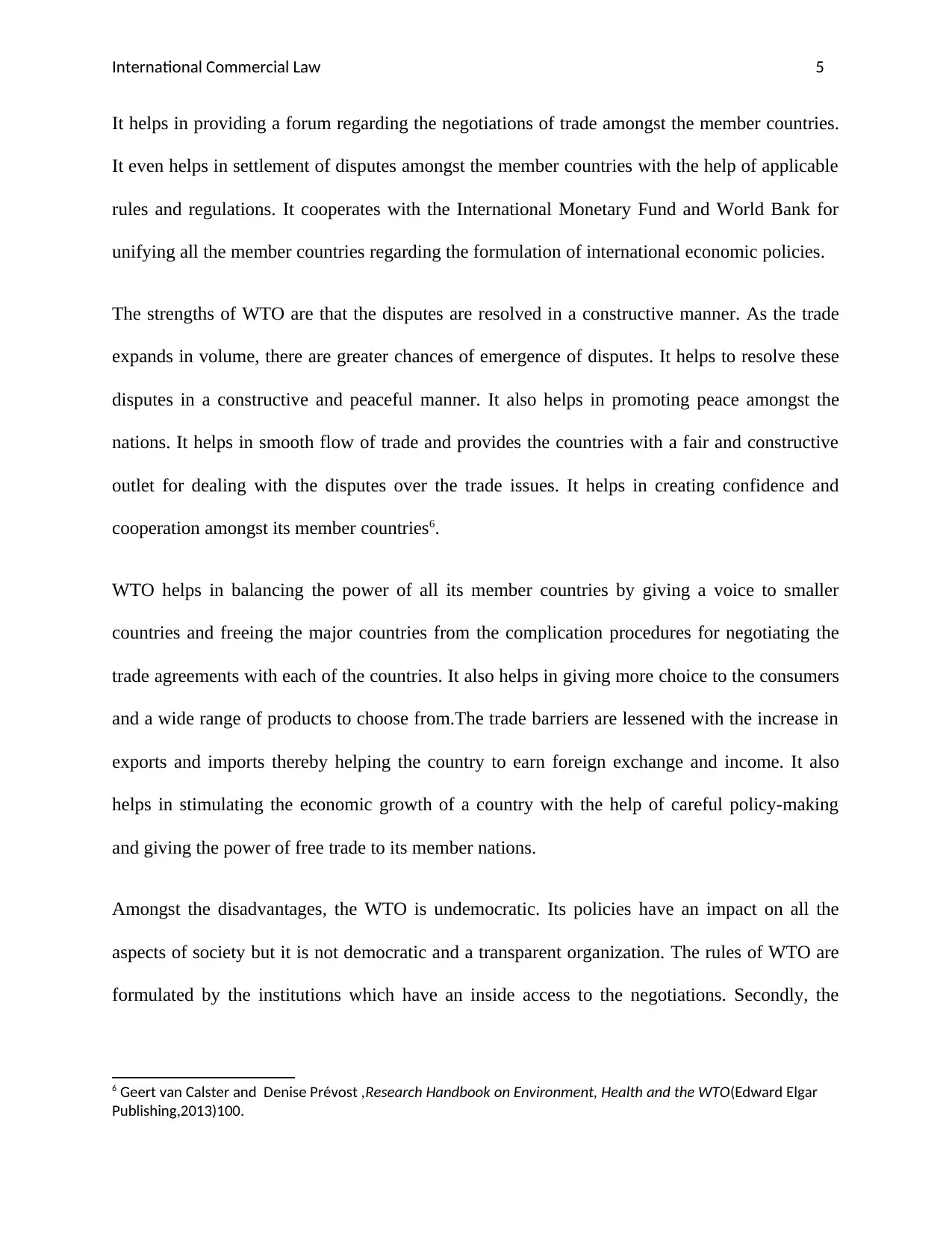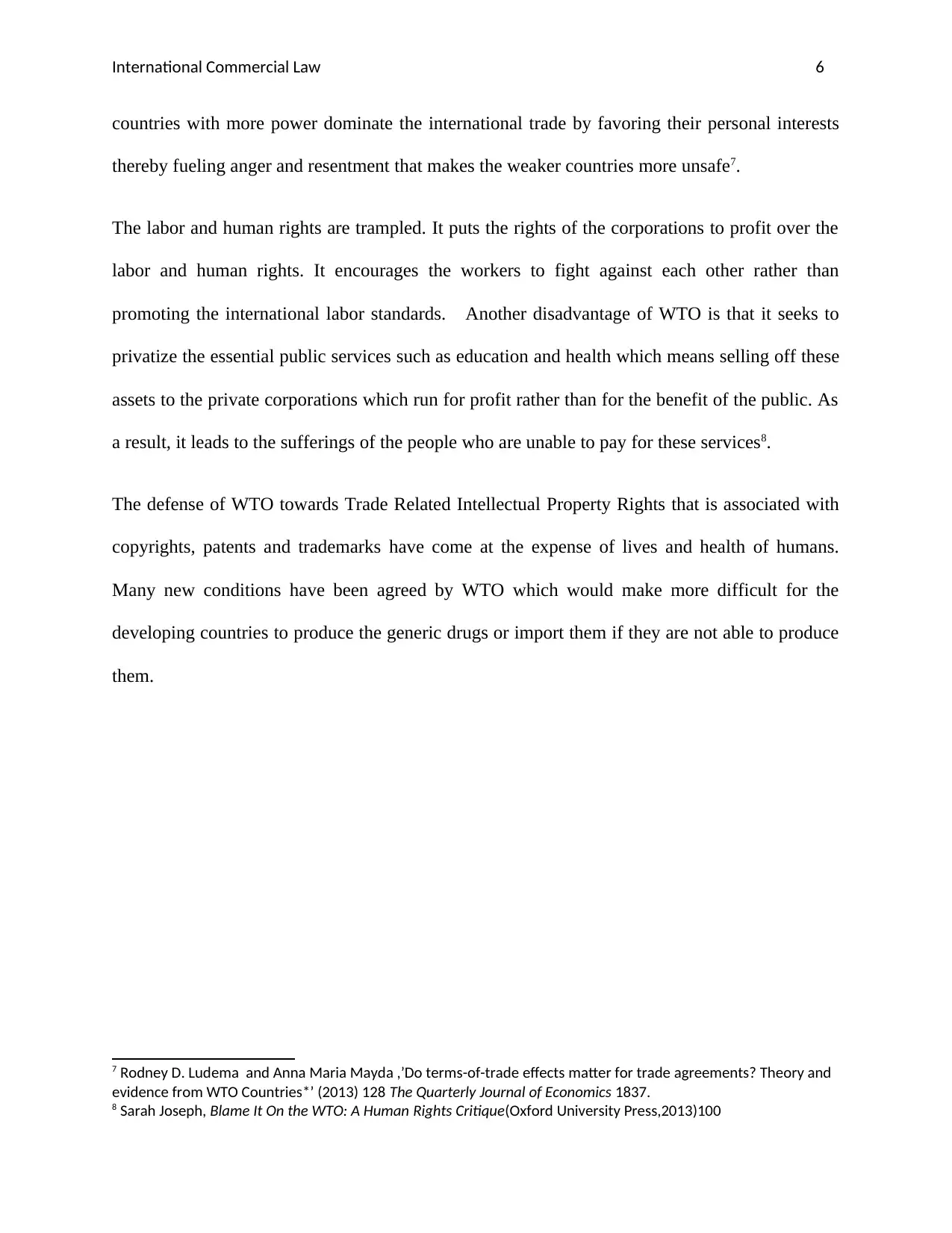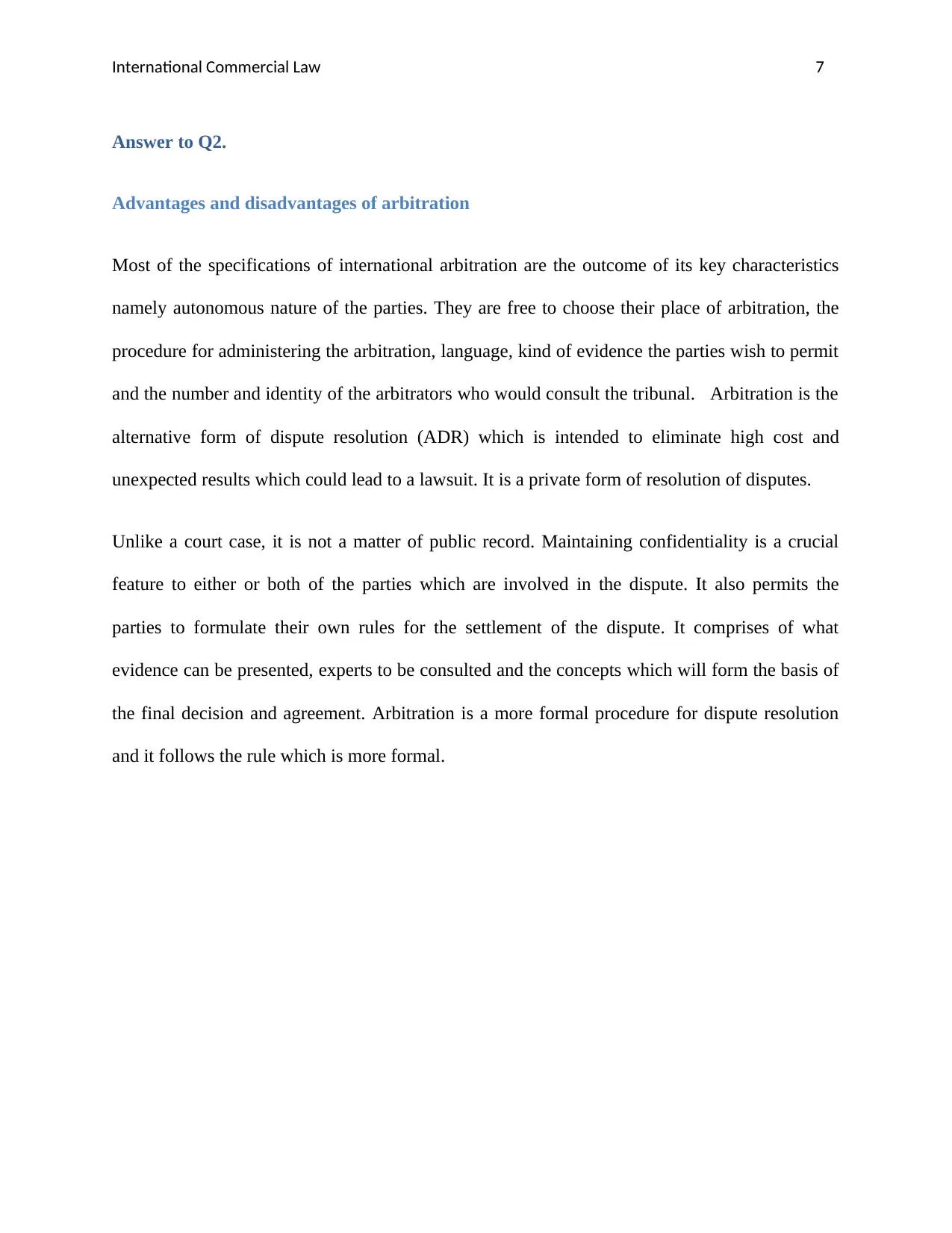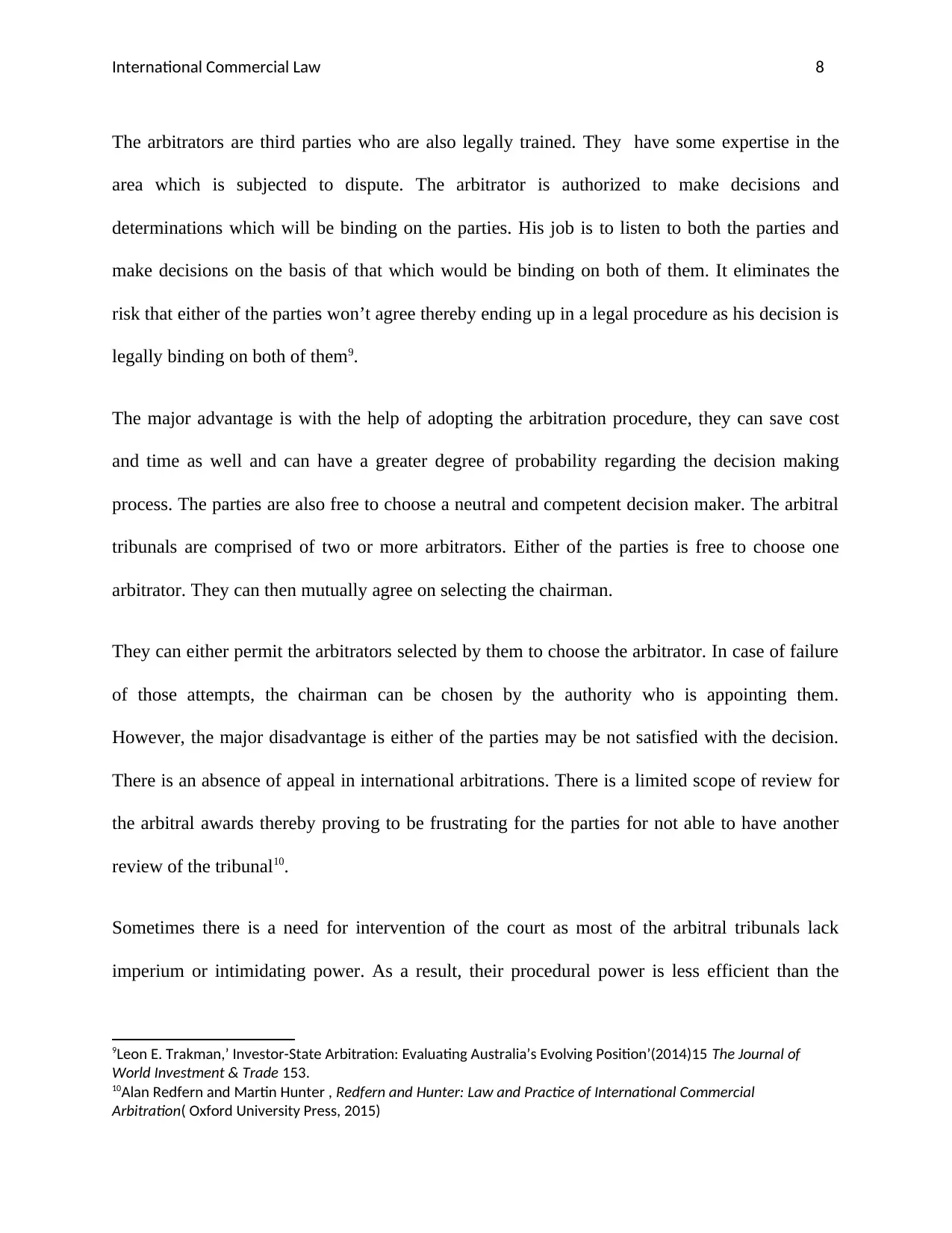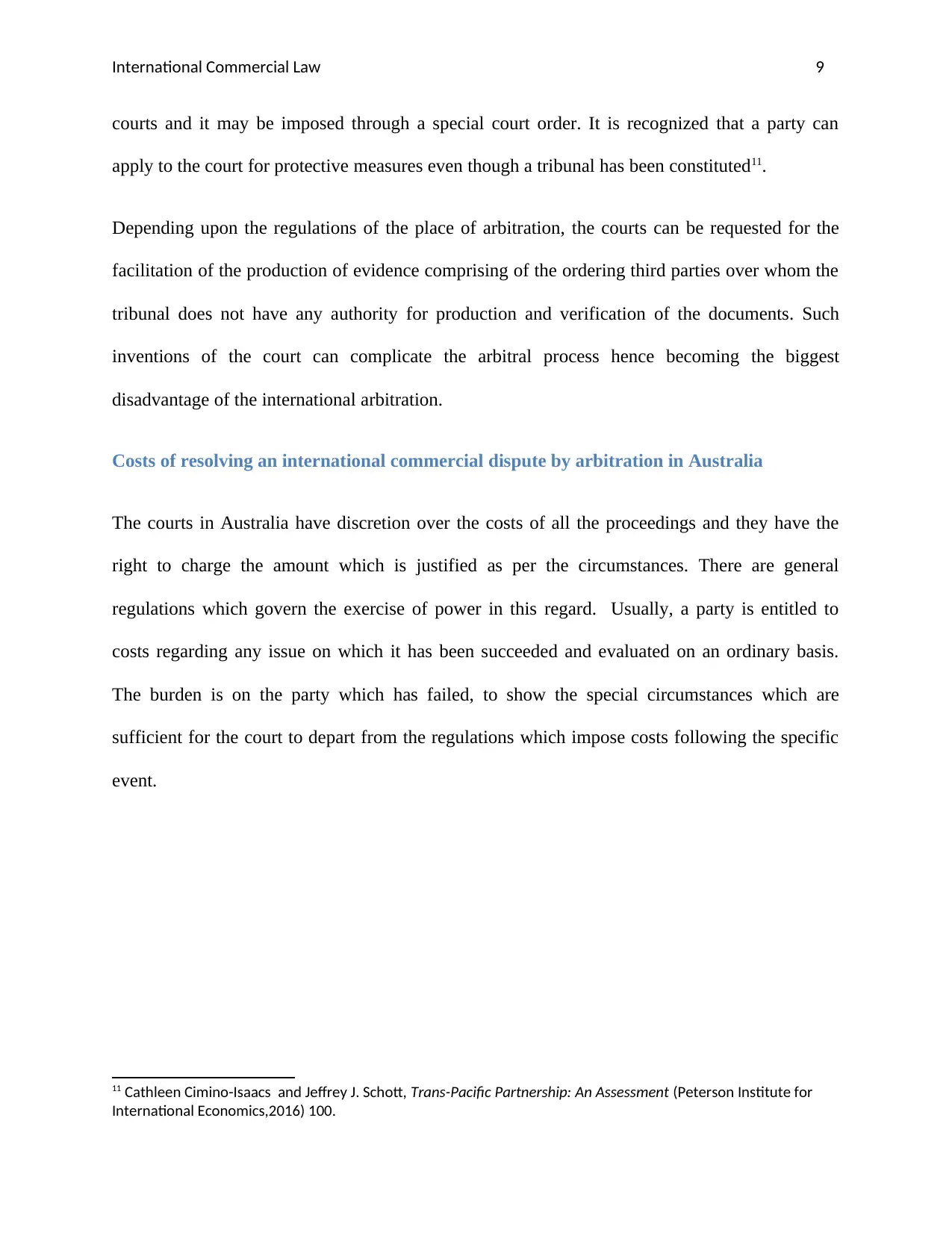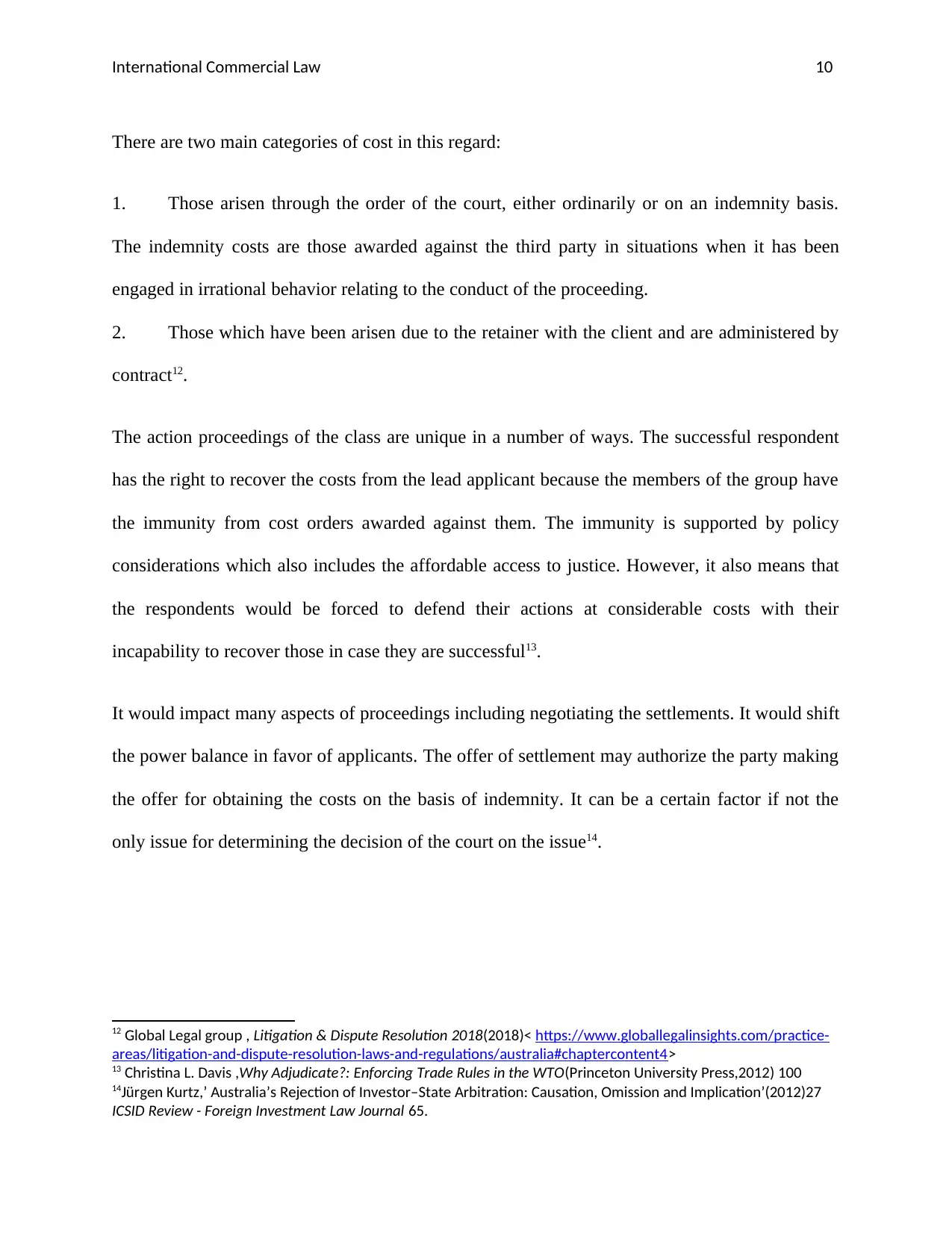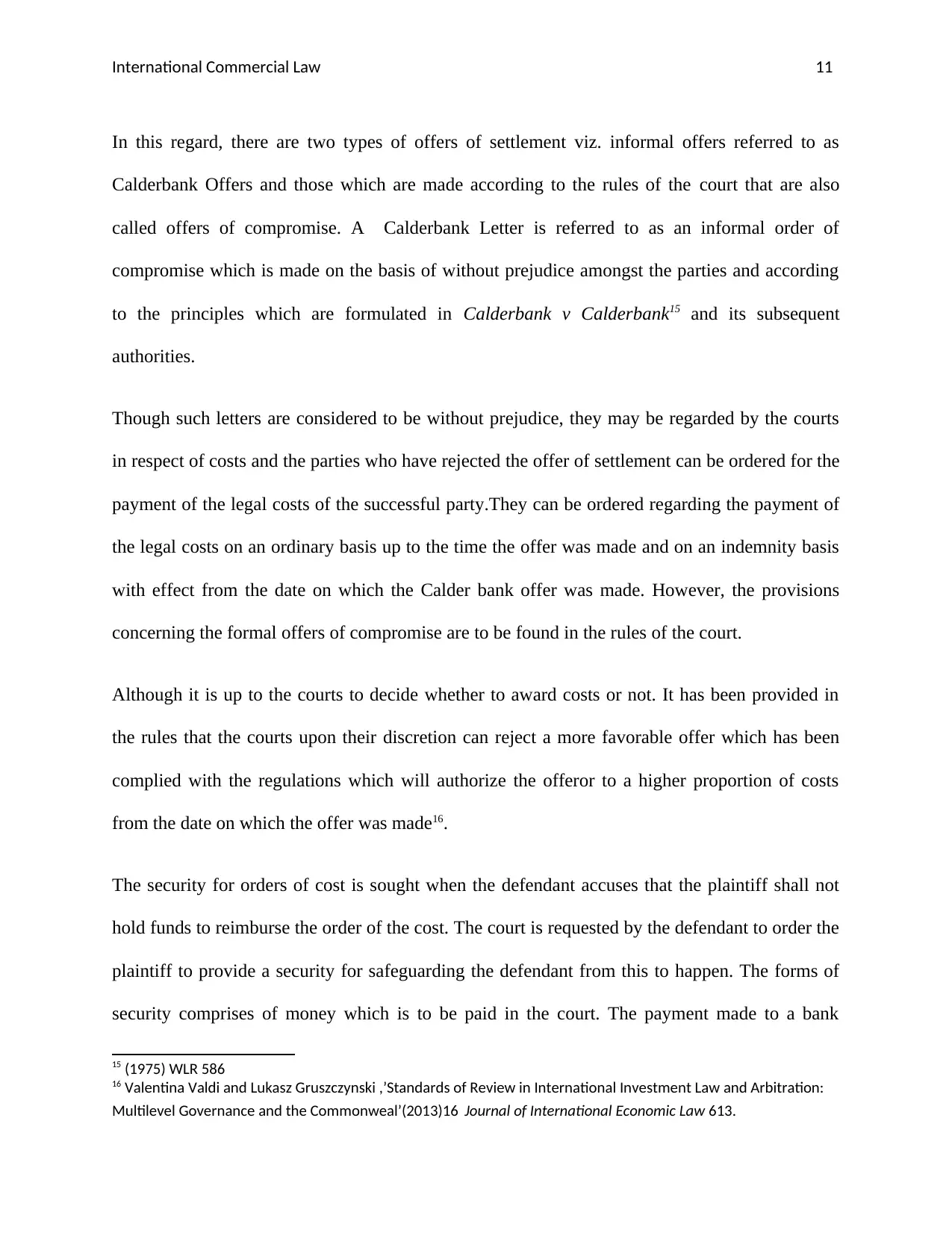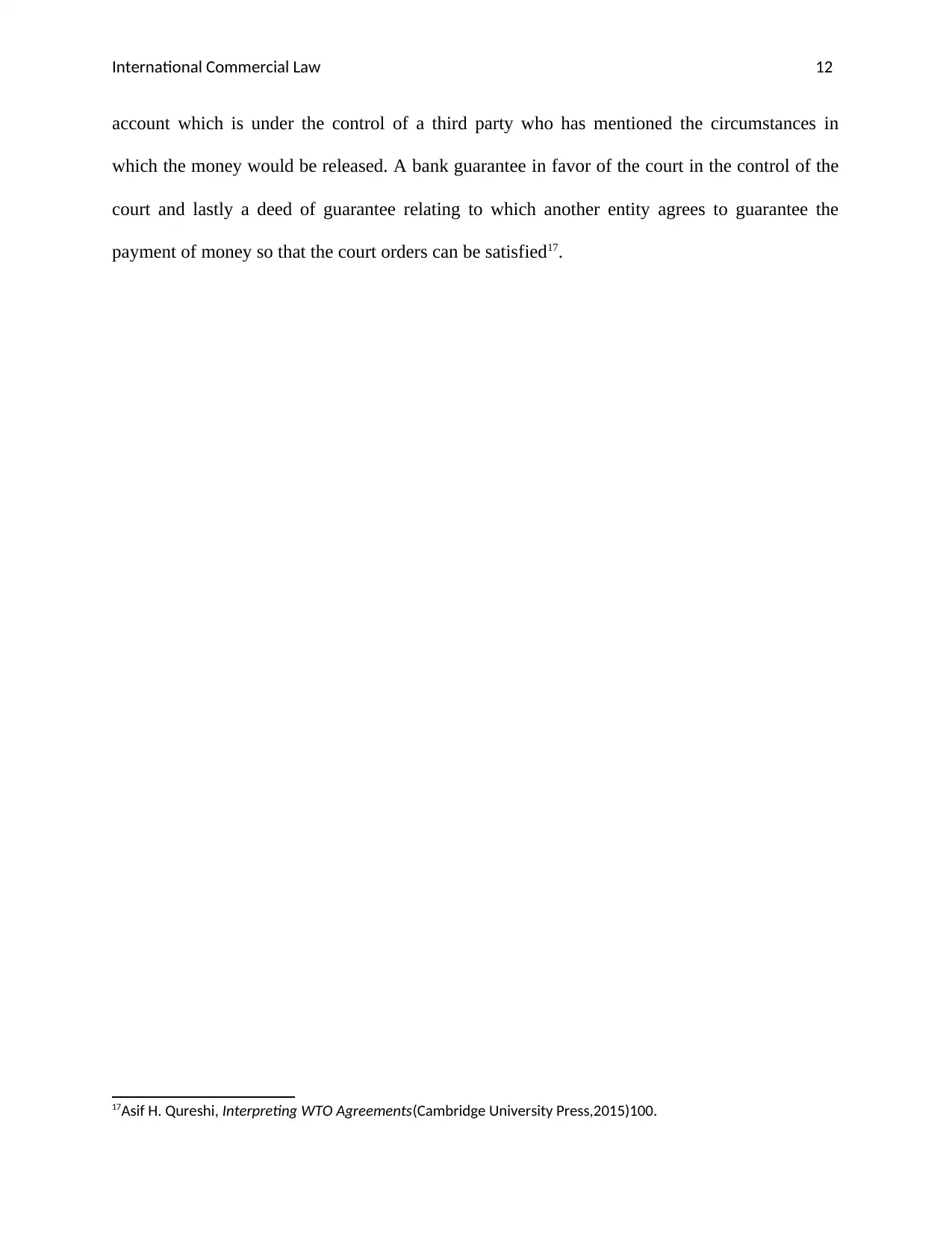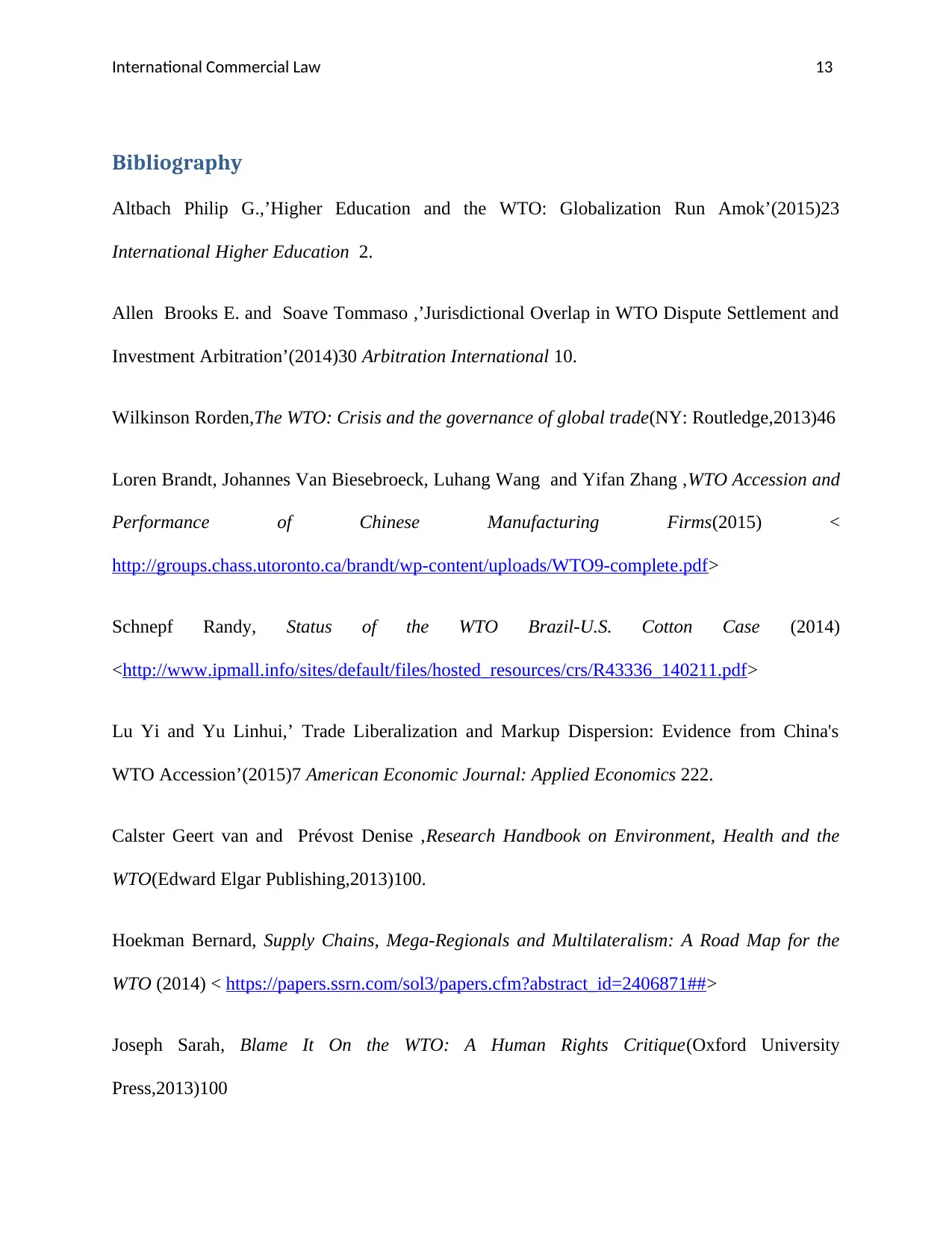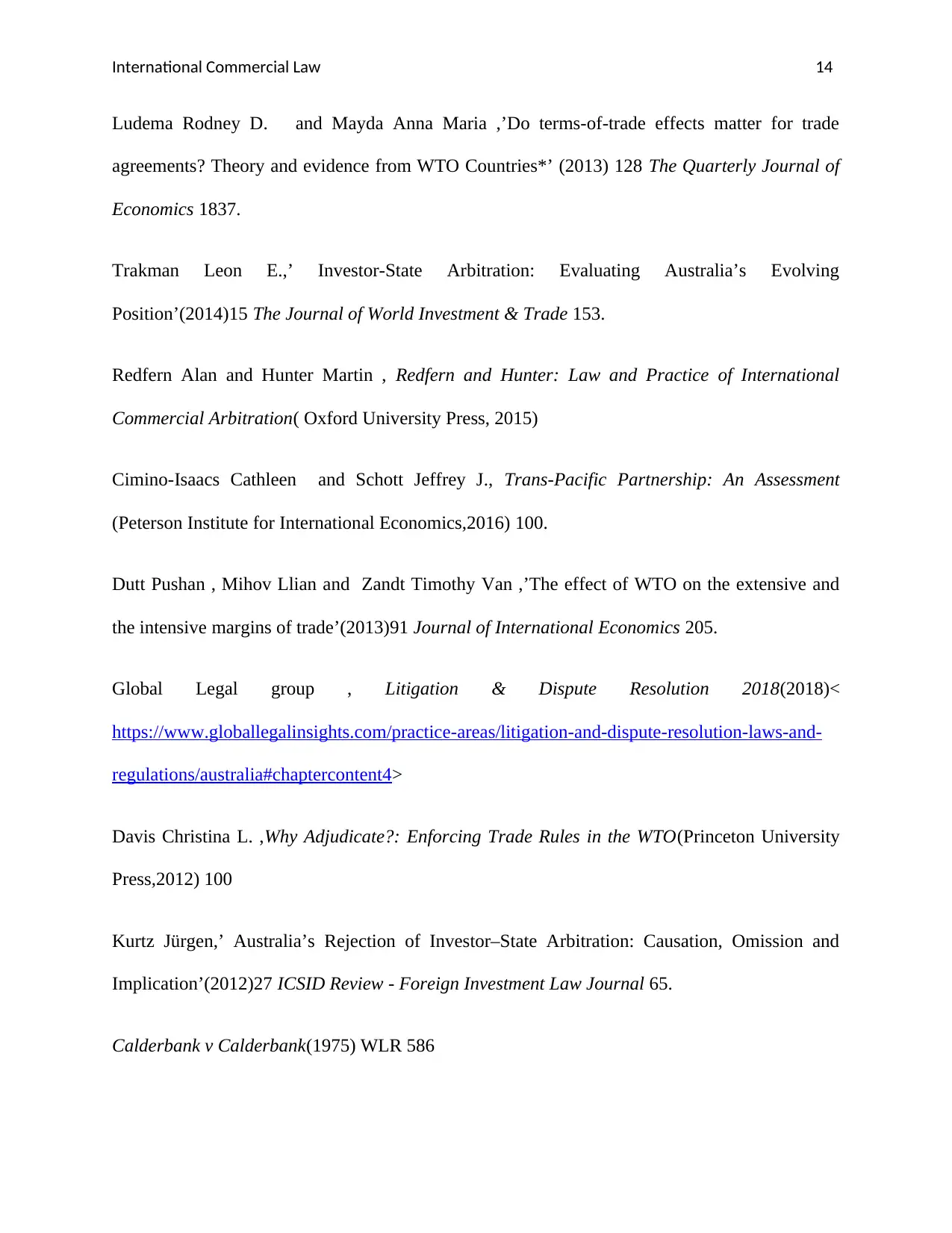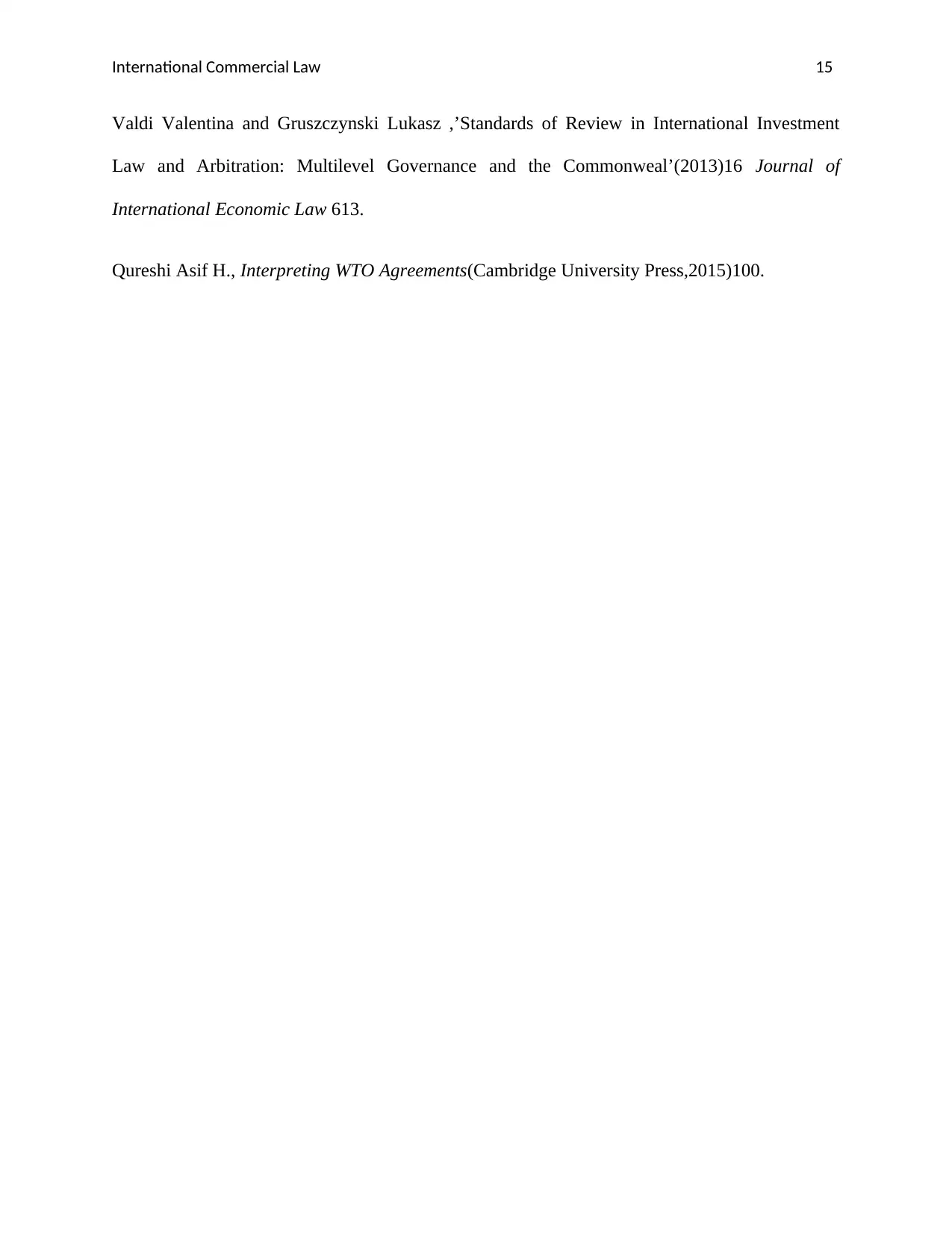This article discusses the history, role, strengths and weaknesses of the World Trade Organization (WTO) in international commercial law. It also explores the advantages and disadvantages of arbitration and the costs of resolving an international commercial dispute by arbitration in Australia. The WTO is an intergovernmental organization that administers trade all over the world. It provides a framework for the negotiation of trade agreements and dispute resolution procedures. The advantages of arbitration include saving time and cost, and the ability to choose a neutral and competent decision maker. However, the major disadvantage is the absence of appeal in international arbitrations. The costs of resolving an international commercial dispute by arbitration in Australia are governed by general regulations which govern the exercise of power in this regard.
![[object Object]](/_next/static/media/star-bottom.7253800d.svg)
![[object Object]](/_next/static/media/star-bottom.7253800d.svg)
